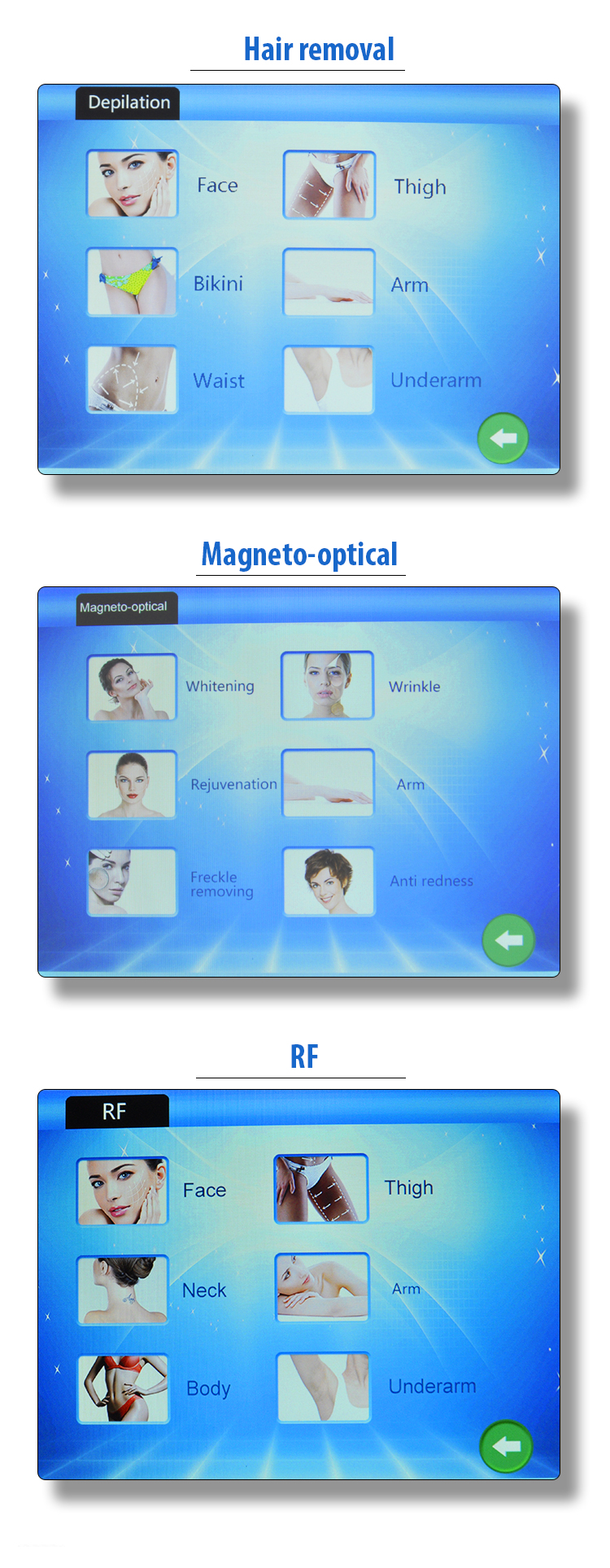


Example Use Casesĭuring our presentation, we talked about three example use cases where Deep Learning approaches offer interesting new perspectives for anomaly detection, prediction and clustering. This allows you to tackle advanced machine learning use cases in Splunk’s main areas of IT Operations, Security, IoT, Business Analytics and beyond. The app ships with various examples that showcase different machine learning tasks like classification, regression, forecasting, clustering and NLP. You can leverage GPUs for compute intense training tasks and flexibly deploy models on CPU or GPU enabled containers. using TensorBoard) and operationalise your models with Splunk. It extends Splunk’s Machine Learning Toolkit with prebuilt Docker containers for TensorFlow 2.0, PyTorch and a collection of NLP libraries.īy using predefined workflows for rapid development with Jupyter Lab Notebooks the app enables you to build, test (e.g. The Deep Learning Toolkit for Splunk allows you to integrate advanced custom machine learning systems with the Splunk platform. Right after after the event, we had the opportunity to attend O’Reilly’s TensorFlow World 2019 with an Ignite Talk and a poster session.


We also had the chance to present use cases on how deep learning approaches can be applied to typical Splunk data sources. My colleague Anthony and I had the pleasure to announce the Deep Learning Toolkit for Splunk at this year’s Splunk worldwide user conference. Announcing the Deep Learning Toolkit for Splunk conf19 the answers to all of these questions were not as straightforward as they are now. Are they compatible with with Splunk?“ Prior to. Can we import SpaCy into Splunk?” And my all-time favorite: “Our Data Scientists use Jupyter Notebooks. When talking to data scientists, AI/ML engineers or developers, some of the more frequent questions include: “Does Splunk have Neural Networks?”, “Can I leverage GPU computing with Splunk?”, “Can we use Tensorflow or PyTorch with Splunk?”. Splunk customers and partners are pushing the boundaries of their data-driven use cases every day with more advanced analytics and machine learning. conf session catalogue for MLTK and AI/ML you will uncover an impressive 100+ published sessions and that’s only over the last few years! The Reason for the Toolkit's creation With focus on machine learning, our customers and partners have already caught on and are reporting amazing results across the spectrum, from starting out with their first ML experiments through to fully operationalizing their models into production use cases. This is due to the fact that any machine learning system is fueled by data. Splunk enjoys a unique position when it comes to AI and ML.


 0 kommentar(er)
0 kommentar(er)
